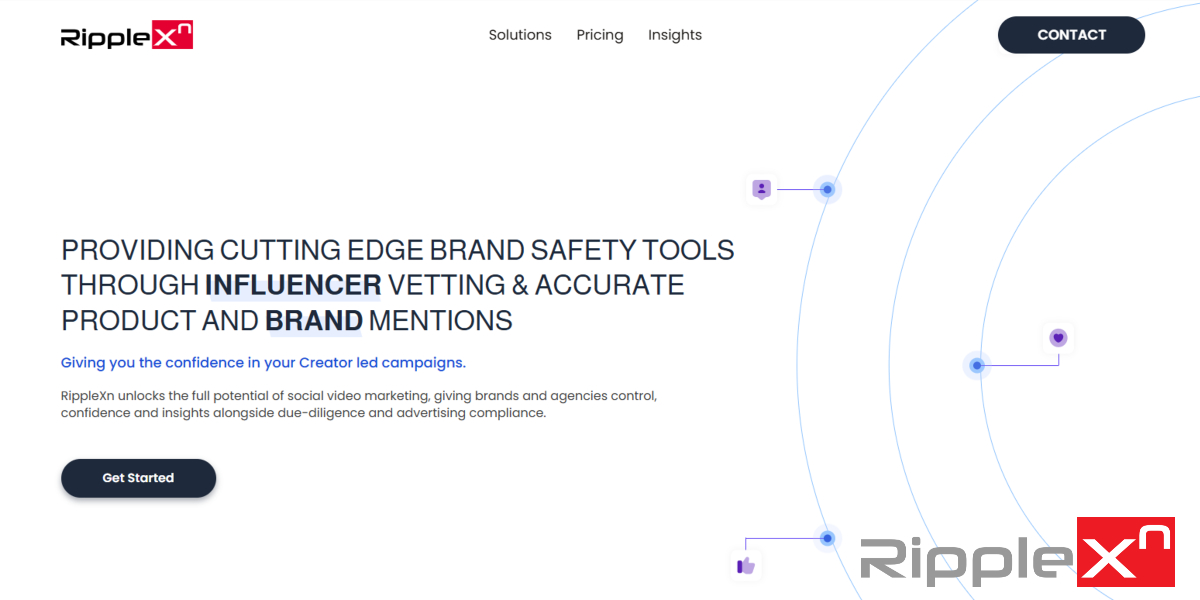In recent years, virtual influencers have gained significant popularity on social media channels. Virtual influencers are computer-generated characters designed to look like real-life people with unique personalities, interests, and lifestyles. These digital personalities have been used in influencer marketing campaigns to promote products and services to their followers.
What are Virtual Influencers?
Virtual influencers are computer-generated characters created using 3D modelling and animation software. These virtual characters are designed to look and behave like real-life people with unique personalities, interests, and lifestyles. They can often be more popular than human influencers due to their unique look and exceptional storylines.
Here is an example from Dentsu.Creative for the upcoming Cannes 2023
View this post on Instagram
Pros and Cons of virtual influencers
Pros:
- Virtual influencers are not subject to the same limitations as human influencers such as location, time, and availability, potentially generating multiple pieces of content simulateously
- They can be customized to suit different brands and messaging requirements.
- They are not limited by physical or time constraints, which means they can be available to represent a brand 24/7.
- Virtual influencers can be used to reach a younger, tech-savvy audience who are accustomed to the digital world.
Cons:
- They do not have the same level of authenticity and credibility as human influencers.
- They lack the ability to interact with the audience in the same way as human influencers.
- They may not be perceived as trustworthy or relatable by all consumers.
- Virtual influencers are expensive to create and maintain.
Consumer trust and creator marketing
Trust is a crucial factor in influencer marketing and it plays a significant role in converting audiences into customers. Working with virtual influencers can be a double-edged sword when it comes to building trust. While virtual influencers are not subject to the same limitations as human influencers, they lack the authenticity and credibility that human influencers possess, and there will always be the perception that someone is behind the screen pulling the strings.
What’s the future?
The jury is out, but noone can deny that virtual influencers have become a popular choice for brands looking to reach younger audiences and expand their reach. However, they may not be the right choice for every brand or campaign. Brands must carefully consider the pros and cons of working with virtual influencers and ensure that they prioritize building trust with their consumers.






